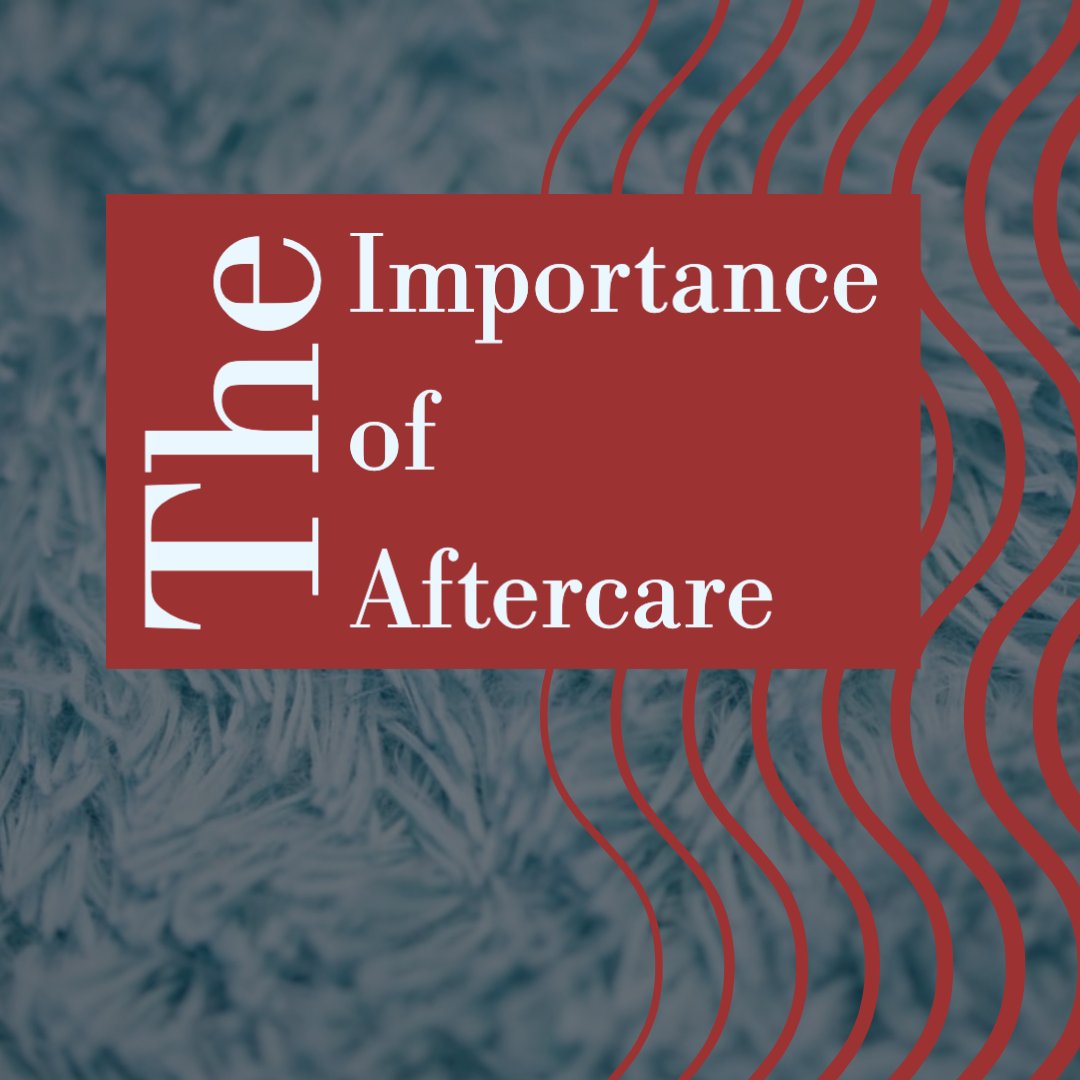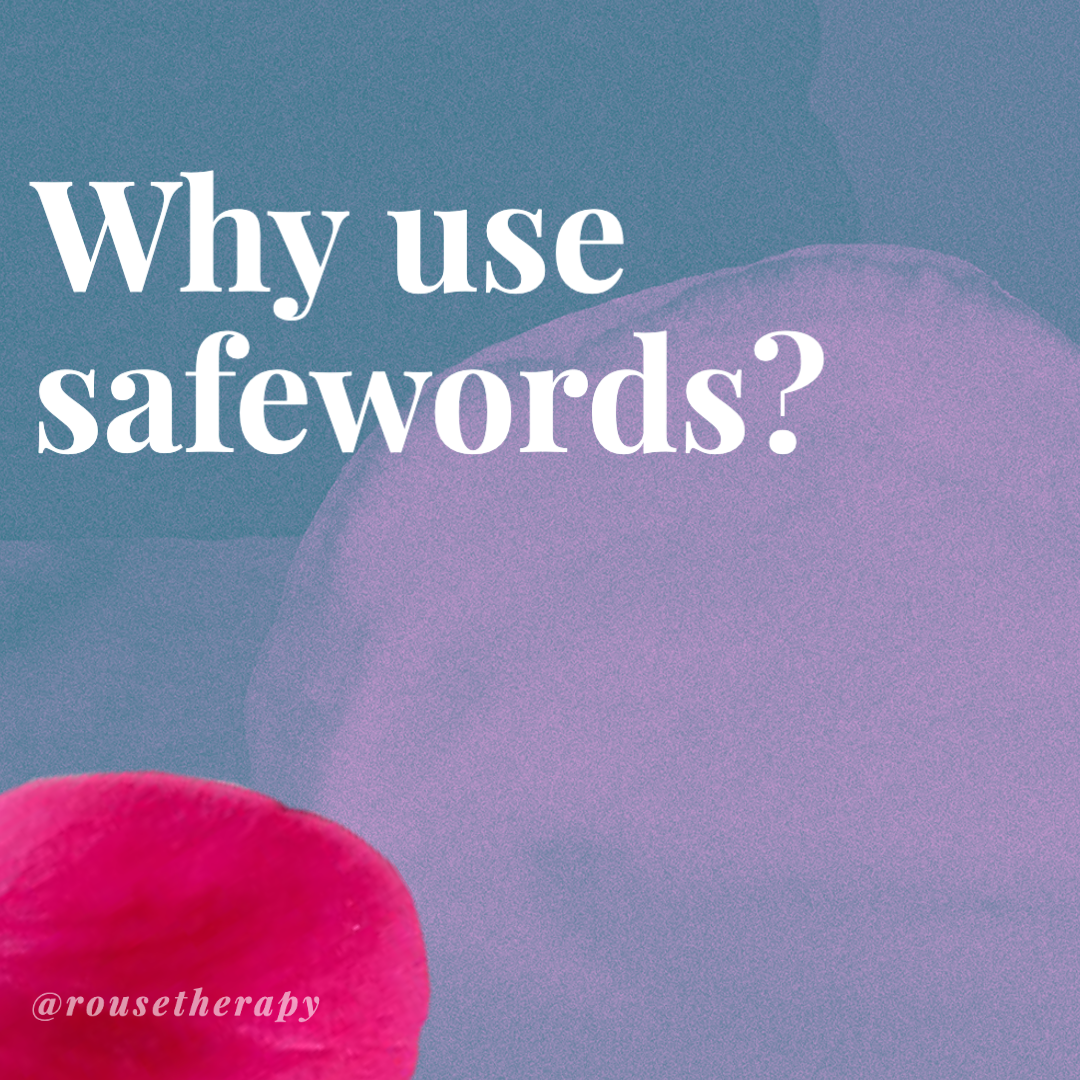
The Importance of Aftercare
We've all heard of the importance of foreplay, but what about afterplay? Aftercare is just as important, if not more so, than foreplay regarding kinky sex. Here's why:
Sexual Aftercare Helps Establish Safety and Connection
One of the most essential aspects of kinky sex is establishing and maintaining a sense of safety and connection with your partner. Aftercare helps to set this safety by creating a space for you and your partner to debrief and check in with each other after your scene. This is a time to discuss what went well and what didn't and to express any emotional reaction you might be having. Sexual aftercare can be time to reflect on the toys or materials that should be paused for a while or which ones to introduce. By connecting with each other after your scene, you can help ensure that everyone feels safe and secure.

Dore Alley, and the benefits of kink
The annual ‘Up Your Alley Fair,’ or to local’s ‘Dore Alley’ is upon us. For some, the weekend is marked by individuals wearing leather attire, puppy masks, bound by rope or even perhaps nothing at all. However, at a much closer look, Dore is a celebration of leather/kink/fetish identities that are commonly misunderstood and often deemed ‘perverse’ in the dominant society.
Kink is regarded as an umbrella term to address the wide range of sexual fantasies, interests, and identities that are carried out with consensually agreed upon behaviors. It is common for folks to use kink in relationship dynamic(s) where erotization derives from power dynamics and/or role-playing erotic scenarios. For example, age-play between a “daddy–son” dynamic or submission-play between “handler and their pup” are common scenes. Engaging in kink is a vulnerable process where demonstrating traits of mutual agreement, openness, authenticity, and negotiation with play partner(s) may assist in making the experience(s) more enjoyable.
Recently, reach conducted by The Alternative Sexualities Health Research Alliance (TASHRA)
has shown the positive impact that participating in kink has on mental health- helping individuals cultivate better senses of self-acceptance, positive relationships, autonomy, and personal growth.
If you are curious about exploring your kinks and/or your ‘Sub’ or ‘‘Dom’ side, TASHRA, makes the following recommendations around sexual play with potential partners.
• Be intentional around cultivating positive and nourishing experiences
(e.g., determine scene play and number of partners beforehand)
• Listen to and respect each other’s boundaries, especially sub’s
(never undermine one another)
• Allow negative feelings to surface and be worked through in the dynamic
(e.g. Unhappiness, jealousy, guilt, etc.).
• Use a ‘safeword’
• Be silly, have fun with it.
Exploring your kinks/fetishes/sexual desires is essential to one’s mental and sexual well-being. Reach out to a sex therapist to help you gain more clarity around your intentions, expectations, and boundaries. Relationship therapy can also help partners have a safe enough space to work through potential concerns or anxieties around introducing kink or understanding any desire discrepancies in the relationship.
Colin Fyfe, AMFT is a sex and relationship therapist in San Francisco, California. He specializes in working with the LGBTQIA community, men's mental health, and substance use issues. Colin also offers online therapy.

Why use safewords?
Why use safewords?
When it comes to having sex, there are many things to consider. One thing that’s important for everyone to think about is using safewords. But what are they, and why should you use them? Here’s everything you need to know!
Safewords can be really helpful in ensuring both partners have a good time during sex. They’re instrumental if one or both partners are new to kink or BDSM (Bondage/Discipline/Sadism/Masochism). Safewords let each partner know when they’re pushing the other person’s boundaries and when they need to stop. Plus, they can be a fun way to add extra spice to your sex life!
When should we use a safeword?
Safewords are beneficial, and some might say necessary, part of kink. Safewords are used as a safety measure to stop or slow down erotic play. Allowing the slowing down or stopping is especially useful when you’re engaging in types of play with extra risk elements, such as using restraints, inflicting pain, or role-playing.